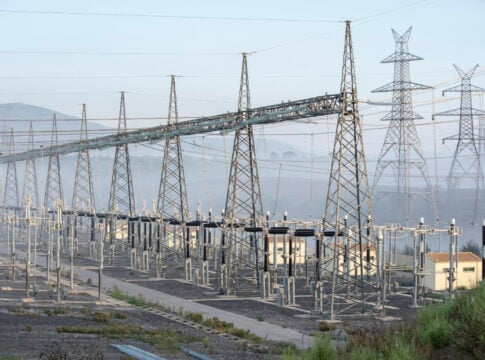Six weeks before the opening of the Thessaloniki International Fair (TIF) and two months before the submission of the draft budget for 2024 to the Parliament, the financial staff puts under the “microscope” the as well as the budget of the following year.
The sharp rise in the international price of oil during July, the soaring food prices that put pressure on the citizens’ disposable income, but also the maintenance of the price of electricity above 100 euros per megawatt hour force the Ministry of Finance to seek fiscal “reserves”, in order to support – if necessary – households, especially during the winter.
The maintenance of food prices at high levels is likely to lead to a second extension of the market pass in the winter months, which will cost about 250-300 million euros. The high price of oil will raise the issue of the heating allowance this year, while for electricity tariffs the decision has already been taken to extend the support mechanism in order to avoid sudden changes at least until the end of the year.
In the Eurogroup, it has been agreed to withdraw the support measures to deal with the energy and inflationary crisis from the beginning of 2024, so that Europe can return to the path of fiscal discipline, i.e. the reduction of deficits (or in the case of Greece on the path of producing higher primary surpluses). This, of course, does not mean that the problem of soaring prices has been solved. Especially food prices are at the highest levels since the outbreak of the crisis and according to forecasts, these prices will last at least until the end of the tourist season, i.e. at least until the middle or end of September.














